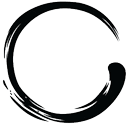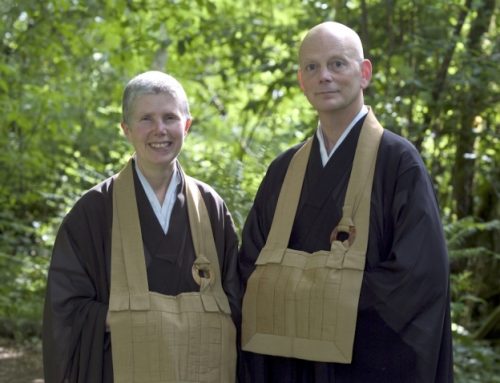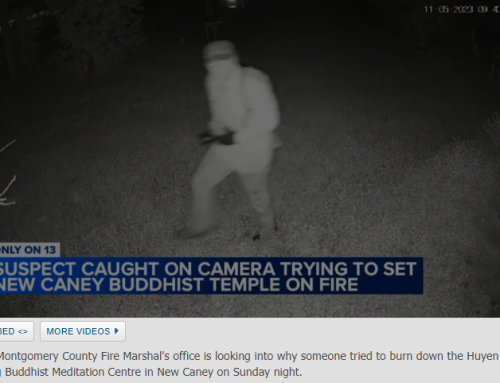“Doing the right thing from the Buddhist perspective implies doing no harm, both to ourselves and others. If my actions or ideas harm others or myself, it is to be avoided. If it diminishes harm or eliminates it, that is something to be nurtured. It is very pragmatic and doesn’t rely on fluctuating standards of morality.”
This was the comment to my answer to the question, “Do you consider yourself to be an ethical person? If so, what is your standard of measurement? In other words, how do you know if you’re ethical or not? ”
My answer was as follows, “My ethical ‘perspective’ was turned on its head recently. By that I mean, the framework by which I based my whole standard of ethics was challenged profoundly. I have gone through much of my life using the following metric as the basis of my ethics–doing the right thing. To me, that is paramount. And what is doing the right thing? Well, it’s kind of like the famous quote about pornography, I can’t define it, but I know it when I see it. And then I was talking with a Tibetan Nun about some personal issues involving my relationship with my wife. I commented that I wanted to, ‘do the right thing.’ She immediately came back with, ‘Do the right thing for whom?’ That hit me like a ton of bricks. I never contemplated the frame of reference by which I was using the idea of doing the right thing. So, do I consider myself an ethical person? Yes. But the way I look at ethics has become broadened to include taking care to know whether doing the right thing includes self compassion.
As to how do I know whether I’m ethical or not? This question strikes me as difficult to answer as a hua-tao koan. I can not think of any situation in which I intentionally caused anyone harm that was avoidable. Nothing comes to mind. I often care for the wellbeing of others. Does that make me ethical? I don’t know.”
My teacher’s comment strikes me as so simple and pragmatic as to be rather elegant.







Leave A Comment